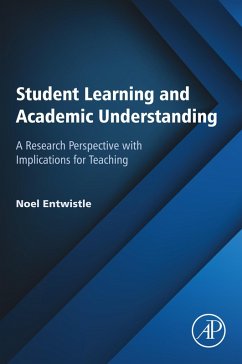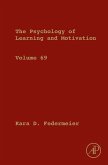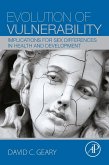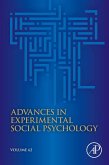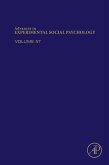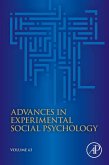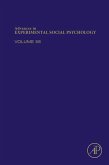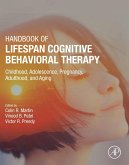Student Learning and Academic Understanding covers a wide range of concepts that have emerged from interviews in which students use their own experiences to describe how they study and what they find most useful in developing an academic understanding of their own. These concepts differ from the traditional psychological concepts by being focused on the specific contexts of university and college, although they are also relevant to the later stages of school education.
- Explains the origins, meanings, and relevance of "deep" and "surface" approaches to learning
- Introduces an array of concepts derived from the specific contexts of university education
- Illustrates how in-depth interviewing can be used to explore students' ways of thinking
- Provides a series of heuristic models to guide thinking about the influences on student learning
- Includes an inventory on approaches to studying and experiences of teaching for use by teachers
Dieser Download kann aus rechtlichen Gründen nur mit Rechnungsadresse in A, B, BG, CY, CZ, D, DK, EW, E, FIN, F, GR, HR, H, IRL, I, LT, L, LR, M, NL, PL, P, R, S, SLO, SK ausgeliefert werden.

